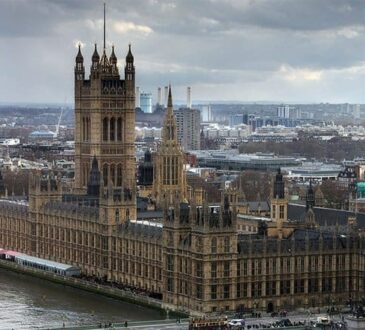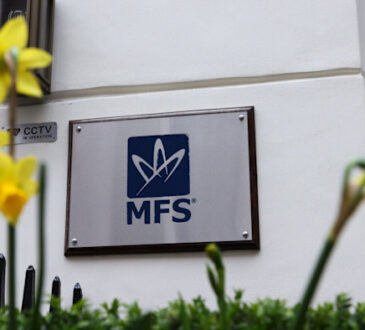
Gilt yields retreat but budget concerns persist
Gilt yields have edged lower following Friday’s sharp spike, offering some relief to investors. However, yields remain elevated as uncertainty surrounding the upcoming autumn budget continues to weigh on sentiment. With just nine days until the fiscal event, market participants are positioning defensively.
The tension in UK government bond markets reflects growing anxiety over how Chancellor Rachel Reeves will address the country’s fiscal gap. Speculation is mounting that tax rises or spending cuts may be necessary to balance the books, creating an uncertain environment for traders.
This volatility in the gilt market has implications across asset classes. Higher borrowing costs affect corporate valuations and consumer spending patterns, creating a ripple effect throughout the economy.
Housing market feels the chill of tax speculation
Property markets are showing clear signs of stress as potential buyers await clarity on possible tax changes. Rightmove data reveals a sharp drop in sales of homes valued at £2 million and above, with wealthy buyers putting transactions on hold until after the budget.
The speculation centres on potential changes to capital gains tax, inheritance tax, or stamp duty that could affect high-value properties. This uncertainty has created a standoff between buyers and sellers, with activity grinding to a halt in the premium segment.
Estate agents report that viewings continue, but serious offers have dried up. Buyers are reluctant to commit significant capital without knowing the full tax implications of their purchase. This caution is understandable given the substantial sums involved in luxury property transactions.
The housing market’s sensitivity to tax policy demonstrates how fiscal decisions ripple through the real economy. Traders monitoring property-related shares such as housebuilders and estate agents should watch for sector-specific impacts when the budget is announced.
FTSE 100 holds firm amid European recovery
The FTSE 100 has maintained its composure despite the budget anxiety gripping domestic markets. The index is holding firm as European equity markets open slightly higher, with risk appetite improving after last week’s selloff.
Sterling has shown remarkable resilience, remaining more than 5% higher against the dollar this year despite recent budget concerns. The currency’s strength reflects relatively positive sentiment towards UK assets, even as political uncertainty creates short-term volatility.
The British pound’s modest recent moves suggest currency traders are adopting a wait-and-see approach. While budget speculation creates headlines, the fundamental outlook for UK assets remains relatively stable compared to earlier this year when recession fears dominated.
Corporate activity picks up despite uncertainty
Corporate news provides some positive counterbalance to budget concerns. WPP shares are rising after reports emerged of takeover interest from Havas and several private equity firms, injecting some excitement into the advertising sector.
Infrastructure investment is also making headlines, with HICL and TRIG planning to merge their operations. This consolidation in the infrastructure space reflects ongoing appetite for long-term, stable assets that can provide inflation-linked returns.
DCC has launched a sizeable tender offer, demonstrating that corporate activity continues despite the uncertain macro backdrop. Companies with strong balance sheets are using current market conditions to make strategic moves, taking advantage of valuation opportunities.
However, not all corporate news is positive. Genuit has cut its profit outlook due to subdued demand ahead of the budget, despite achieving solid revenue growth. This highlights how political uncertainty can impact corporate performance across sectors.




